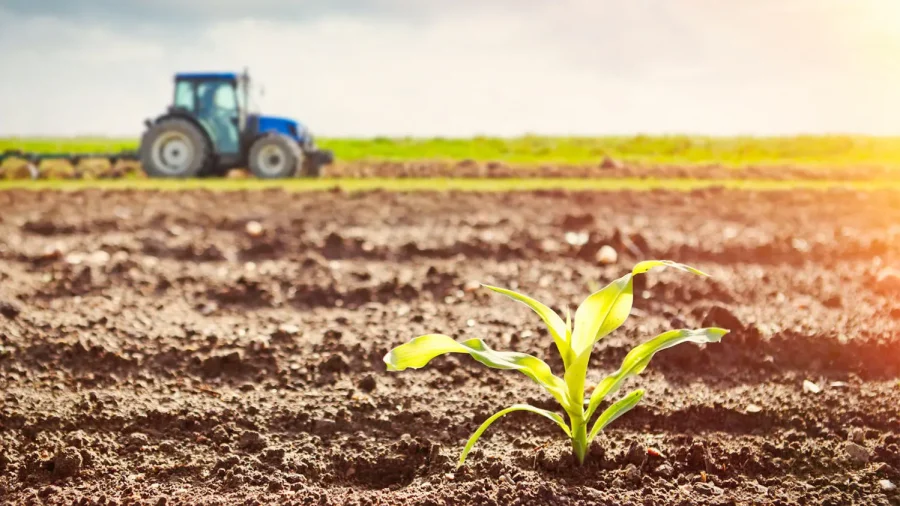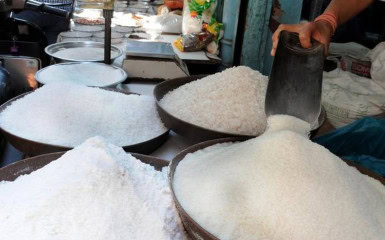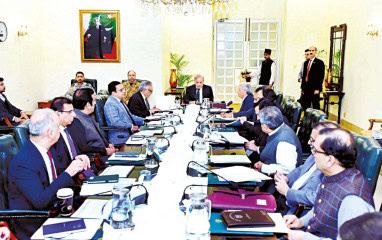KARACHI – Sindh’s Agriculture Minister, Sardar M Bux Khan Mahar, has stressed the need to take bold steps to modernise, improve productivity, and create a more resilient agricultural sector.
He was speaking at the concluding session of the Pakistan Agriculture Coalition’s conference and expo at the Karachi Expo Center on Thursday.
The minister said that agricultural economies across the world are working on improving supply chains by making them more efficient, innovative, and enterprising.
“The challenges such as post-harvest losses (average 40% loss of horticulture crops), limited access to modern storage facilities, and climate change (major biblical level floods in the last 15 years in Sindh) remain significant hurdles to the development of our agriculture sector,” he said.
Florence Rolle, Country Representative of the United Nations Food and Agriculture Organization, said that the private sector can shape the future of market-led agriculture in Pakistan.
“There is a big gap between farmers and investors. Collaboration is not happening in Pakistan as in other countries,” said Florence.
Dr Irfan Ali gave a presentation on how Pakistan’s farmers can benefit from carbon credits.
“Agriculture contributes the most to greenhouse gases, especially from the livestock’s methane, fertiliser from nitrous oxide, deforestation and use of energy in agriculture and is contributing 50%,” he said.
He said that the impact of GHG emissions is reduced productivity, water stress, soil erosion and fertility loss, and increased risk of food insecurity, therefore, we need to increase the resilience of the agriculture sector.
Gediz Kaya, CEO of GAIA Climate (Turkey), said that carbon credits are very vital for climate mitigation investments, but there is less understanding in Pakistan.
Asad Soorty, Director of Soorty Enterprises, said that one ton of carbon credit sells for $5-20, so it’s an additional income for farmers.
“Pakistani farmers burn crop waste, which increases our emissions. Instead, we can create bio-char, slow combustion through the brick kiln and in the end, it becomes a black substance called bio-char, almost like char, instead of releasing it into the atmosphere,” said Asad,
Earlier, the first session of the day was about how Pakistan can learn from Hungary.
“Hungarian agriculture is geared towards maximising volumes, not profitability. The future lies in the adoption of artificial intelligence-based systems, and we are not there yet. Hungary’s strategy is to increase digitisation in agriculture based on data management and integration,” said Balint.
Sadiq, Director of Finance, Public-Private Partnership unit, Sindh, said that private sector investments can improve crops, seed technologies and advanced irrigation systems to bring in efficiencies.



















